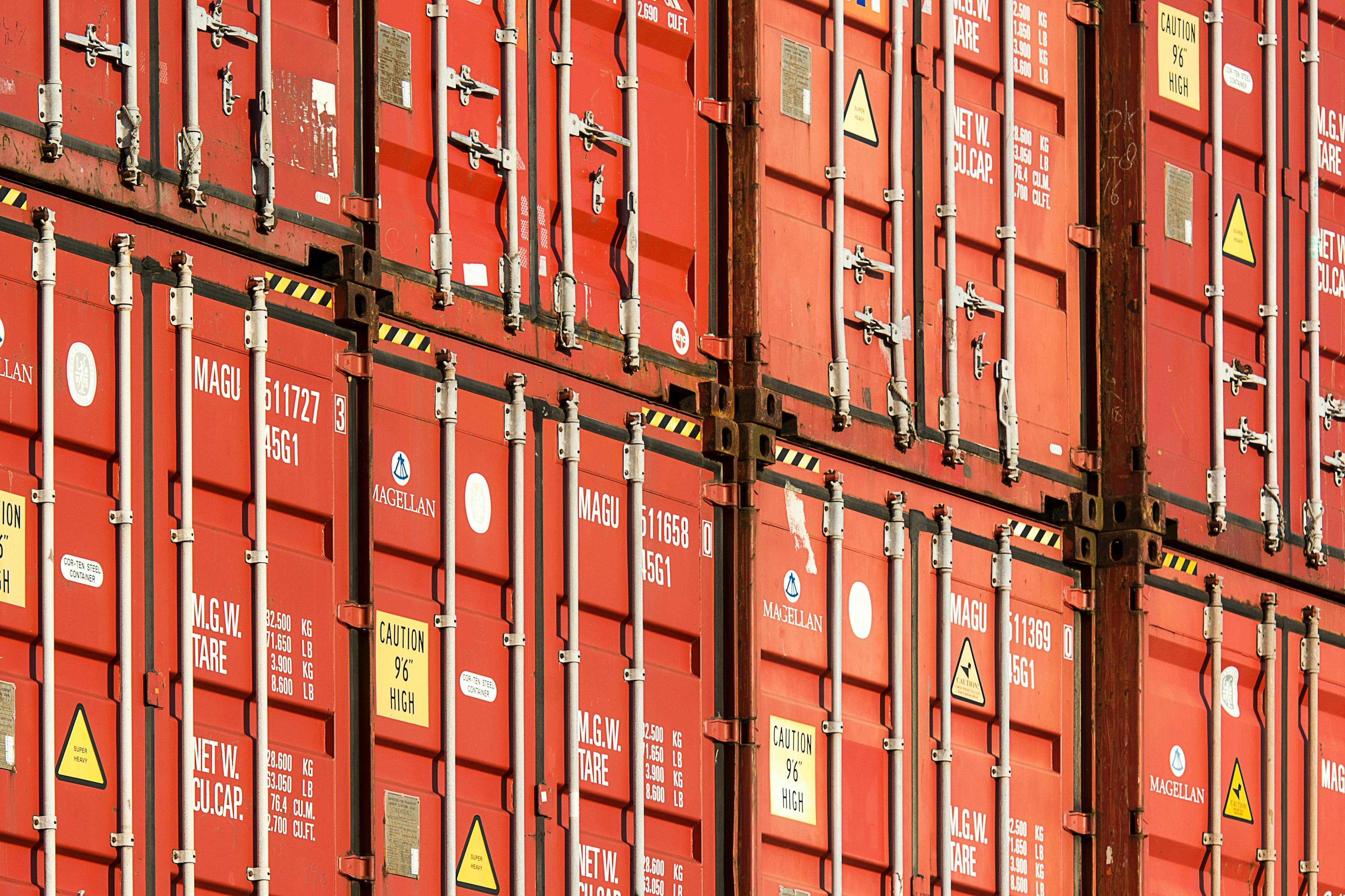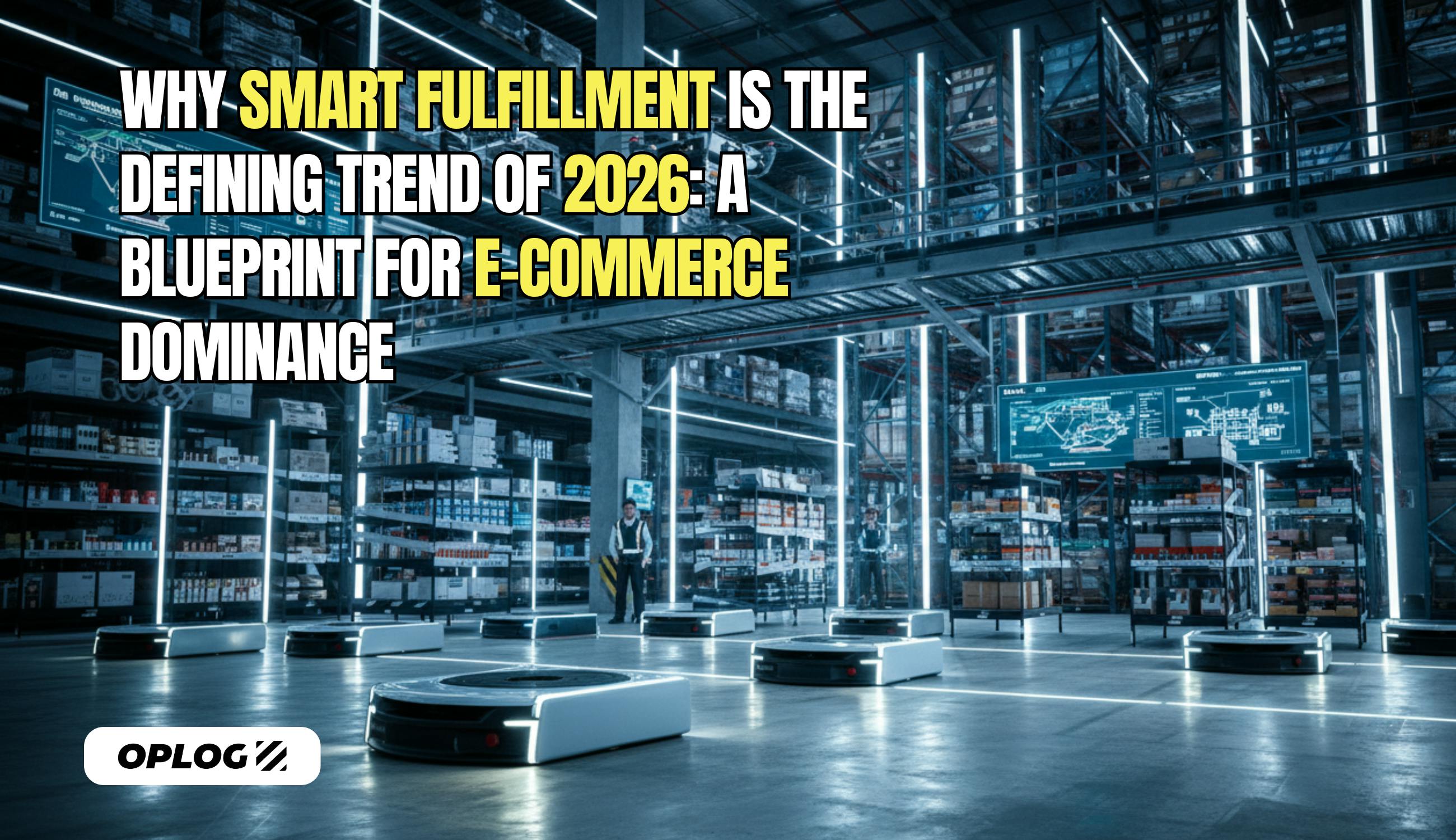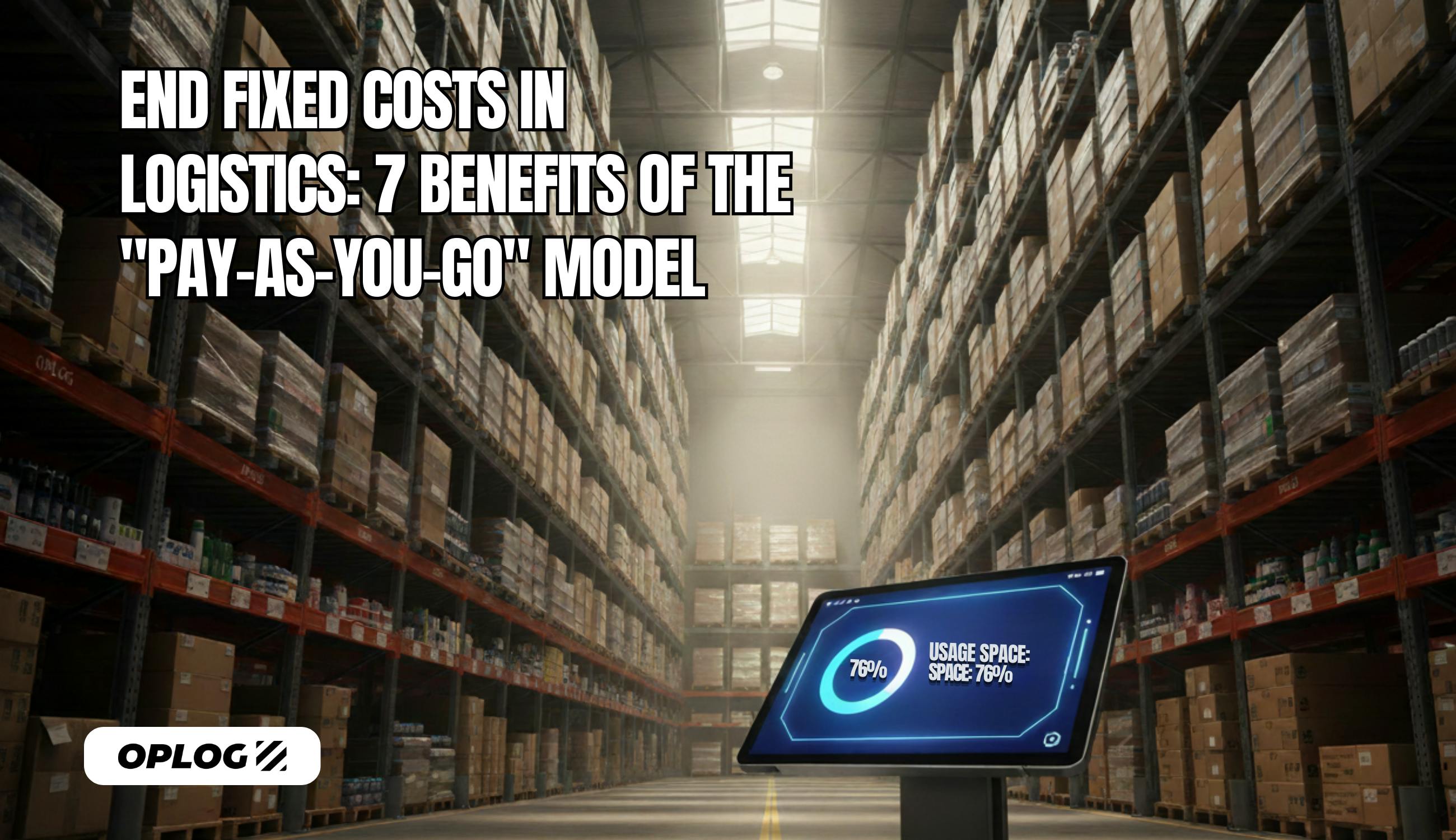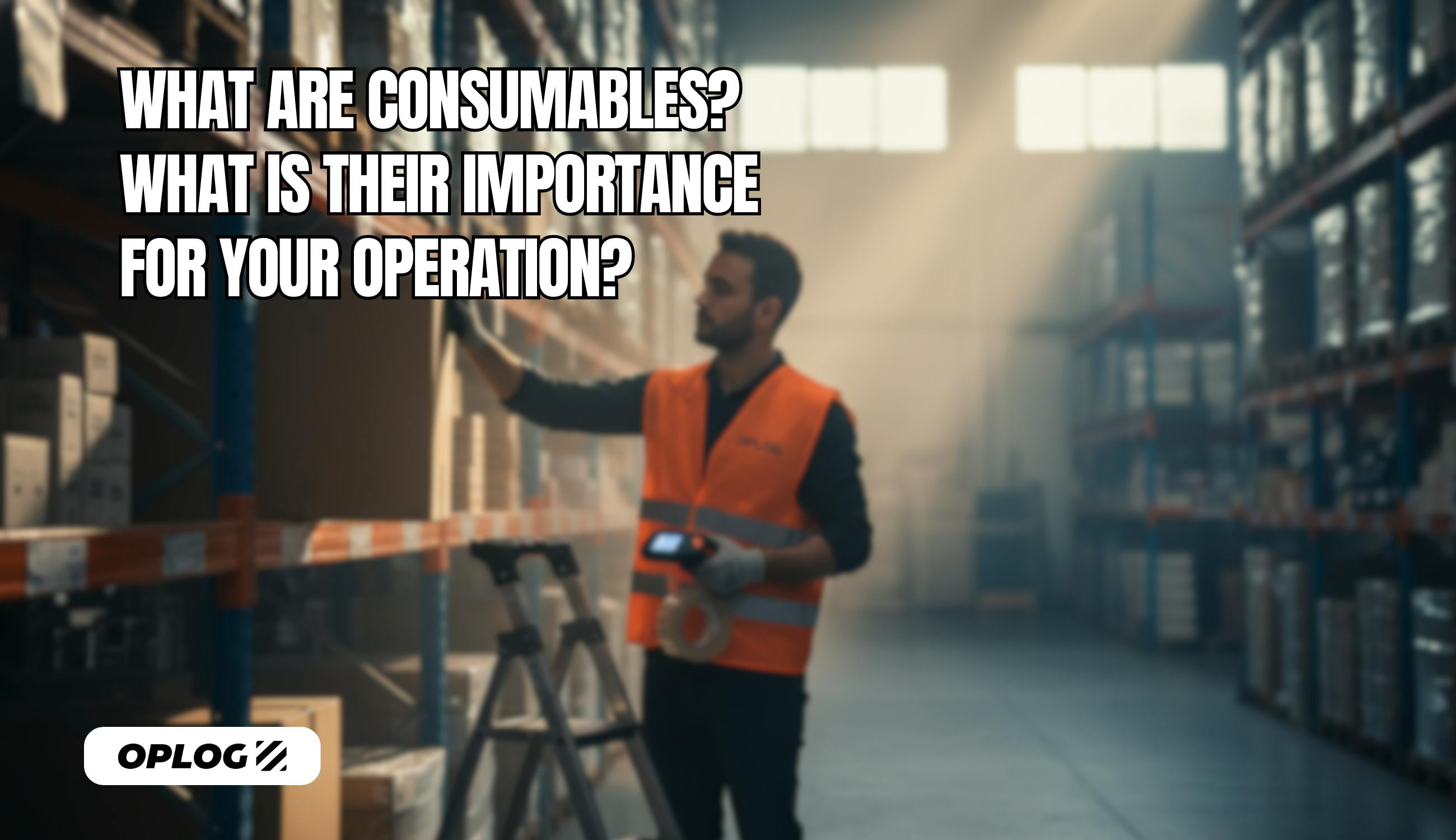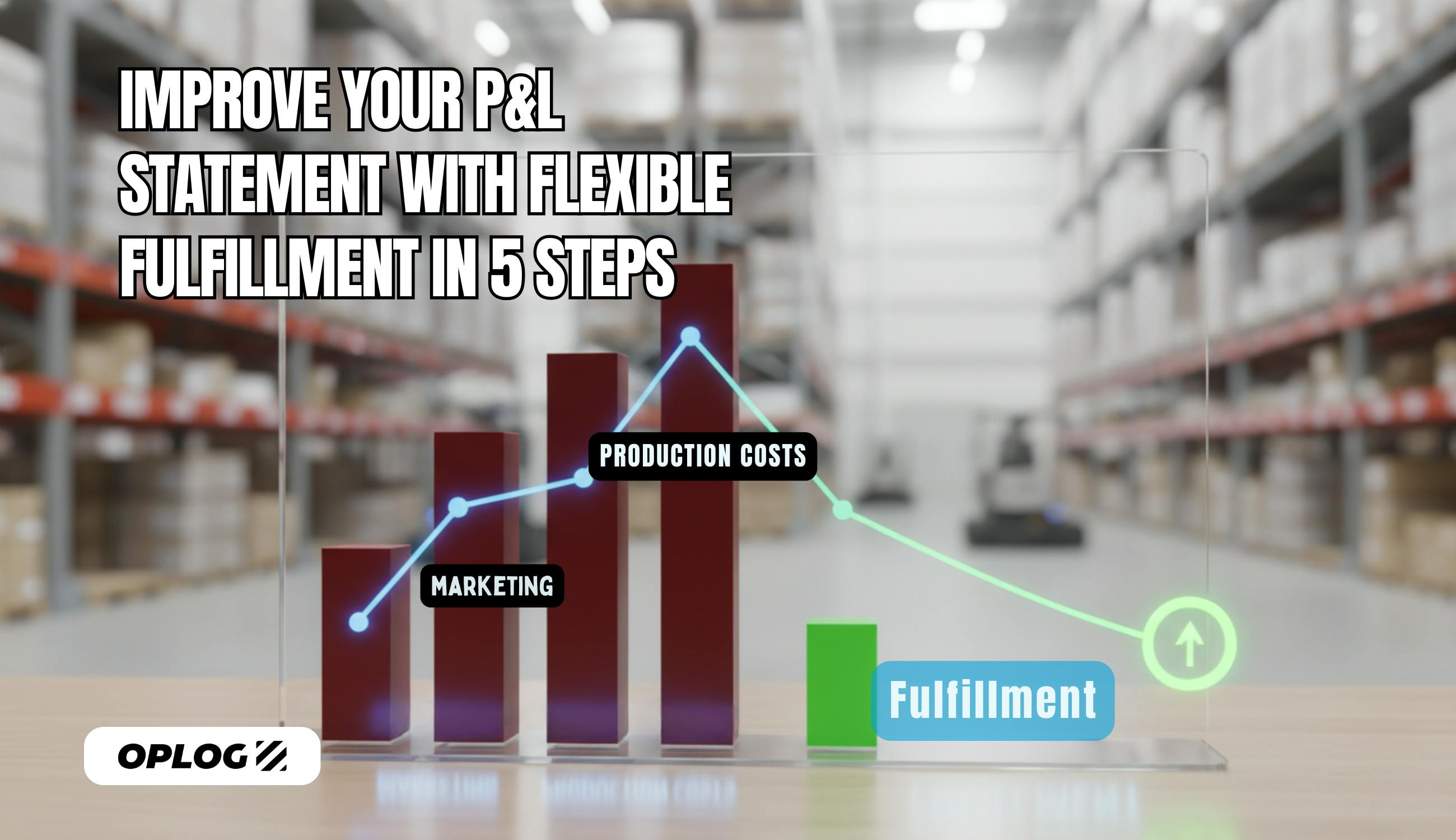In the multiverse of cross-border retail, where geographic boundaries are no longer barriers, the success of your business hinges on a crucial element: logistics.
Your ability to deliver products seamlessly and efficiently to customers across different countries is vital to your reputation, growth, and revenue generation.
Cross-border retail is a booming industry. In 2021, global cross-border eCommerce sales reached $5.1 trillion, expected to reach $7.6 trillion by 2025.
This is where the importance of a reliable and efficient logistics partner becomes evident.
An informed-chosen logistics partner can drive your business's expansion, ensuring smooth operations, optimized supply chains, and delighted customers.
In this blog post, we will explore the significance of securing an efficient logistics partner for your cross-border retail business and the key reasons why this partnership is a game-changer in the competitive global marketplace.
For easy navigation, below are highlights of what will be covered in this article.
- Cross-border retailing
- Things to consider when striking a logisticsdeal
- The future of cross-border retailing
Cross-border Retailing
Cross-border retailing is a growing market, as more and more people are shopping online and looking for products that are not available in their own country.
The global cross-border retail market was valued at $5.1 trillion in 2021 and is expected to reach $7.6 trillion by 2026.
Cross-border retailing offers many benefits to B2B/B2C retailers, such as access to new markets and Vendors/Customers, increased sales and revenue, diversified product portfolio and reduced dependence on domestic demand, and competitive advantage and differentiation.
China is the largest cross-border retail market in the world, with sales of $2.2 trillion in 2021. The United States is second, with sales of $1.3 trillion in 2021. While the European Union places third with sales of $800 billion.
So, what are consumers most interested in?
According to statistics, the most popular cross-border retail products are electronics, clothing, and food. North America, Europe, and Asia are the most popular destinations for cross-border selling.
Cross-border retailing can be a great way to grow your business and reach new markets. However, it is essential to do your research before you start selling your products to customers in other countries.
While cross-border selling has its rewarding advantages, there are also challenges and risks, such as:
- Different regulations and requirements in each country
- Higher costs and taxes
- Currency fluctuations and exchange rate risks
- Transportation and logistics issues
- Cultural and language barriers
- Customer service and after-sales support
Overall, cross-border selling is a complex and challenging industry. To navigate this terrain, you need a reliable logistics partner committed to easing your concerns while opening up your business to opportunities.
So, that leads us to…
Things to consider when striking a logistics deal
When deciding on a logistics partner, some basics shouldn’t be compromised.
A good logistics partner should help you meet your shipping deadlines, get your goods to your customers quickly and affordably, provide excellent customer support, and adapt to your changing needs.
- Logistics and fulfillment management
- Customer support and analytics
- Experience and expertise
- Technology and Innovation
- Cost-effectiveness and scalability
- Security and Compliance
- Sustainability and social responsibility
Logistics and Fulfillment Management
The smooth and timely movement of your items from one location to another is one of the most crucial things in your business.
An excellent logistics company should be able to offer multiple shipping options, localized return solutions, and customs clearance and handling while you rest easy.
They should also be able to track orders, determine liabilities for in-transit goods, and meet promised delivery timeframes.
Adding fulfillment to the services would make it easier to deliver a high standard of customer satisfaction.
OPLOG efficiently manages omnichannel fulfillment for top brands. With strategically-located warehouses in London, Germany, and the US, you can expect hassle-free cross-border deliveries that are always on time.
Customer support and analytics
An excellent cross-border logistics company should be able to provide you with a web-based customer service tool for order-related questions and complete visibility into your customer’s ordering experience through reports and analytics.
You should choose a logistics partner who can provide excellent customer support and analytics to improve your cross-border performance. For example, they should offer:
- A web-based customer service tool that allows you to answer order-related questions from your customers quickly and efficiently
- A dashboard that gives you complete visibility into your cross-border ordering experience through reports and analytics
- A feedback mechanism that allows you to collect customer reviews and ratings on your delivery service quality
- A consultation service that helps you identify opportunities and challenges in your cross-border strategy and provides recommendations for improvement
Experience and Expertise
In the world of logistics, experience is crucial. Finding a partner with extensive experience and expertise in cross-border trade is essential, particularly in the regions and countries where you want to sell. This partner should deeply understand each market's local regulations, customs procedures, payment methods, and consumer preferences.
Having a network of trusted carriers and partners who can handle the shipment at every stage of the journey is also crucial.
When selecting a logistics company, safety management should be a top priority. Look for a reliable company that offers regular safety training to their employees to ensure your goods are well-protected. They should also have a robust risk management system and provide insurance coverage to protect against accidents or damages.
An excellent cross-border logistics company with expertise can help you optimize and enhance your cross-border impact using real consumer data and analytics. They can also advise you on the best practices and strategies for entering new global markets. Remember, your logistics partner should be a trusted advisor to help ensure your success.
Technology and Innovation
As a cross-border retailer, you need a logistics partner that can offer you cutting-edge technology and innovative solutions to streamline your operations. Specifically, you should look for a partner that provides:
- A platform that allows you to integrate your website with their logistics system, so you can easily manage your orders, inventory, tracking, and reporting.
- A solution that enables you to localize your website and checkout process for each market so that you can offer localized pricing, currency conversion, tax and duty calculation, and payment options.
- A tool that helps you optimize your shipping costs and delivery timeframes by selecting the best carrier and route for each order.
- A feature that allows you to offer multiple shipping options to your customers, such as standard, express, or free shipping.
- A service that facilitates your returns management by providing localized return solutions, such as prepaid labels, drop-off points, or reverse logistics
OPLOG offers automated systems for inventory tracking that optimize the use of technology. The order management system, OPLOG-ONE, allows you to track inventory in real-time, which helps you monitor inventory management and picking processes, making them more efficient.
Cost-effectiveness and Scalability
Cost-effectiveness and scalability are two important criteria for choosing a logistics partner for cross-border retail, as they can affect your profitability, competitiveness, and growth potential.
A cost-effective logistics partner should be able to offer you competitive pricing and flexible solutions that suit your budget and needs.
Transparent billing and invoicing are crucial, providing a clear breakdown of costs. Additionally, they should assist in reducing logistics expenses by optimizing processes, enhancing efficiency, and leveraging their technology and expertise.
An example of cost-effectiveness in logistics is the case of Zalando, a leading online fashion retailer in Europe. Zalando implemented several initiatives to optimize logistics costs and improve customer service.
Some of these initiatives were:
- Using a network of fulfillment centers across Europe to reduce delivery times and distances
- Leveraging data and analytics to forecast demand, optimize inventory, and personalize offers
- Partnering with local logistics providers and couriers to offer flexible delivery options, such as same-day delivery, pick-up points, and locker boxes
As a result of these initiatives, Zalando achieved significant cost savings and increased customer satisfaction. For example, in 2019, Zalando reported that its fulfillment costs per order decreased by 8.6% year-on-year while its net promoter score increased by 4%. Zalando also said its revenue grew by 20.3% year-on-year, reaching €6.5 billion.
On Scalability, a scalable logistics partner should scale up or down as your business grows or changes, allowing you to quickly adapt to your customers' changing demands and expectations in different markets and regions.
They should also have a flexible and scalable network of carriers and warehouses that can handle different volumes, varieties, and velocities of goods.
Security and Compliance
Security and compliance should be top of mind when choosing a logistics partner for cross-border retail. You want to ensure your partner follows all necessary regulations and guidelines to keep your business and customer information safe and secure.
Look for a partner with experience in your industry who can provide references to back up their claims of compliance. It's also important to consider the security measures they have in place, such as encryption and secure data centers.
Don't hesitate to ask your potential partner about their security and compliance protocols, as this can give you peace of mind and protect your business from potential liabilities.
The Future of Cross-Border Retailing
Cross-border retailing is expected to continue to grow and evolve in the post-pandemic era. Some of the critical factors that will shape the future of cross-border retailing are:
Consumer behavior and expectations
The pandemic has changed consumer behavior and expectations regarding online shopping. Consumers have become accustomed to shopping online for broader products and services across borders. They have also become more demanding regarding delivery speed, convenience, cost, and quality. Cross-border retailers will need to meet or exceed these expectations by offering more shipping options, fulfillment centers, transparent pricing, and localized customer service.
Technology and Innovation
The pandemic has also accelerated technology adoption and innovation in cross-border retailing. Technology and innovation can help cross-border retailers improve their efficiency, agility, and competitiveness in the global market.
Some of the technologies and innovations that cross-border retailers can leverage include: artificial intelligence (AI) and machine learning (ML) to optimize pricing, marketing, and customer service; blockchain and smart contracts to facilitate payments, transactions, and traceability; cloud computing and big data to enhance data management and analytics; augmented reality (AR) and virtual reality (VR) to enrich product visualization and customer experience; social media and influencer marketing to increase brand awareness and engagement.
Regulation and compliance
Regulation and compliance can affect various aspects of cross-border retailing, such as product safety and quality, data protection and privacy, consumer rights and protection, taxation and customs, and environmental and social responsibility.
Cross-border retailers will need to comply with the relevant regulations and standards in each market they operate in and monitor any changes or updates that may affect their business.
They will also need to balance the trade-offs between compliance costs and benefits and manage the potential risks of non-compliance.
Sustainability and social responsibility
Consumers are becoming more conscious of the environmental footprint of their online purchases, such as carbon emissions, packaging waste, or water consumption. They are also becoming more concerned about the social impact of their online purchases, such as labor conditions, human rights, or fair trade.
Cross-border retailers will need to demonstrate their commitment to sustainability and social responsibility by adopting more eco-friendly or ethical practices, such as reducing their environmental impact, supporting local communities, or donating to charitable causes.
Final thoughts
Choosing a logistics partner for cross-border retail can be a critical decision for your business, affecting customer satisfaction, operational efficiency, and profitability. Consider various aspects of your potential logistics partners, such as those listed in this article.
By finding a logistics partner that suits your needs and expectations, you can build a resilient and cost-effective supply chain that can help you expand your global reach and grow your business.
It is easier to control each step in your business with a firm to assist you in your operations. You can collaborate with OPLOG, a third-party fulfillment provider, to handle all these processes and enjoy providing an excellent customer experience while improving your supply chain processes.
